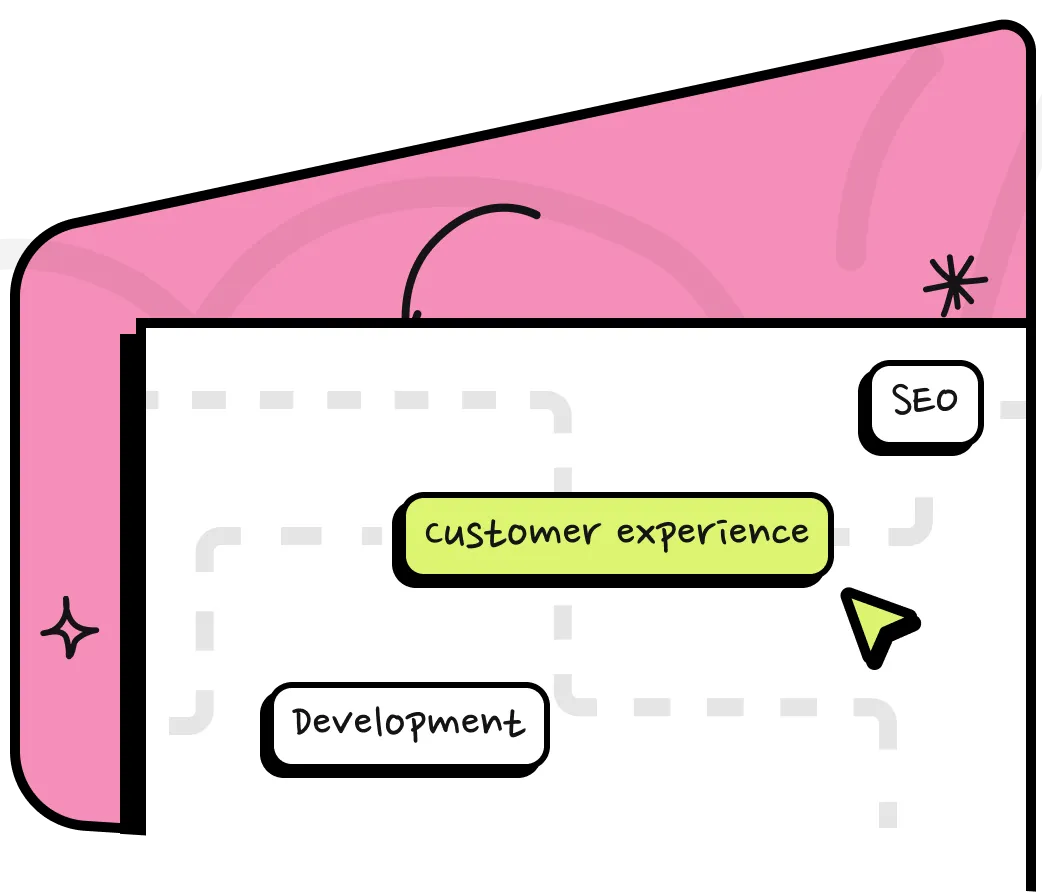Awards & Recognition
We are proud to be recognized for our excellence by important publications around the world.










DigitalOcean is a provider of cloud infrastructure that delivers cloud services to help businesses deploy and scale their applications. Renowned for its ease of use, cost-effectiveness, and robust features, it allows developers to manage private servers effortlessly, known as droplets. Proper DigitalOcean setups/maintenance ensure these highly customizable droplets are configured and managed to meet each user’s specific requirements.






Advanced Tech Stack for DigitalOcean Services





We start by assessing your technical needs and designing a cost-effective, scalable infrastructure on DigitalOcean using Droplets, Spaces, Databases, and more.
We configure your Linux-based servers, deploy web apps, databases, and other essential services, ensuring speed, security, and optimised performance.
We harden server security with firewalls, SSL, SSH, and user access controls, while automating tasks using DigitalOcean APIs, scripts, and monitoring tools.
"Our company needed a scalable DigitalOcean infrastructure. They handled networking, backups, firewalls, and monitoring perfectly. Their maintenance service keeps everything running without downtime."
We help you set up your DigitalOcean infrastructure from scratch—creating Droplets, Spaces, Databases, and Load Balancers, along with configuring firewalls, domains, and SSH access for secure and smooth deployment.
Keep your environment running efficiently with regular system updates, security patches, performance monitoring, backups, and cost optimization to get the most out of your DigitalOcean resources.
Leverage tools like Terraform or DigitalOcean’s API to automate provisioning, scaling, and deployment—perfect for CI/CD workflows and managing infrastructure as code with reliability and speed.



Sovanza stands out as a leader in DigitalOcean setup/maintenance. With a proven history of managing secure, high-performing cloud environments, we are dedicated to helping businesses achieve their digital goals. Our team’s expertise and client-focused approach ensure that every DigitalOcean setup/maintenance solution is tailored to your needs.




It offers a wide range of robust services tailored to meet the diverse needs of developers and businesses. Whether you’re a startup or an enterprise-level organisation, it has solutions to scale your cloud infrastructure quickly.
Scalable virtual private servers with customizable resources, high performance, and multiple data center locations.
Object storage for large files, offering scalability, low-cost storage, and S3 compatibility.
Fully managed, high-availability database solutions with automatic backups and support for PostgreSQL, MySQL, and Redis.
PaaS for deploying and scaling web apps with auto-deployment from Git, auto-scaling, and built-in developer tools.
Designed to cover essential features with a focus on simplicity and functionality.
Built for scalable, high-performance projects with advanced features.
Tailored for large, fully customized solutions with advanced security and infrastructure.
DigitalOcean is a cloud computing platform that provides developers and businesses with scalable infrastructure, including virtual servers (Droplets), managed databases, Kubernetes, storage, and networking solutions. It is known for its simplicity, affordability, and developer-friendly tools, making it ideal for startups and enterprises.
Sovanza helps with it by providing expert setup, maintenance, and optimization services. We ensure smooth operations, enhanced security, and peak performance while offering scalable solutions and cost-effective management. With 24/7 expert support, Sovanza maximizes uptime and efficiency for your cloud infrastructure.
Yes, it is a great choice for both startups and enterprises. It offers affordable pricing, scalable infrastructure, and developer-friendly tools, making it ideal for startups. At the same time, its high-performance computing, security features, and enterprise-grade solutions cater to larger businesses needing reliability and scalability.
Sovanza provides specialized, customized services to enhance your cloud infrastructure, guaranteeing optimal performance, robust security, and minimal downtime. Our expert solutions ensure seamless scalability, cost efficiency, and proactive support to keep your business running smoothly.
Our maintenance services include regular updates, security patches, performance monitoring, backups, and troubleshooting to ensure your DigitalOcean environment runs smoothly.
We are proud to be recognized for our excellence by important publications around the world.




Build AI, blockchain, and growth systems that compound results.